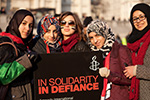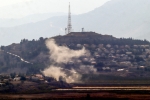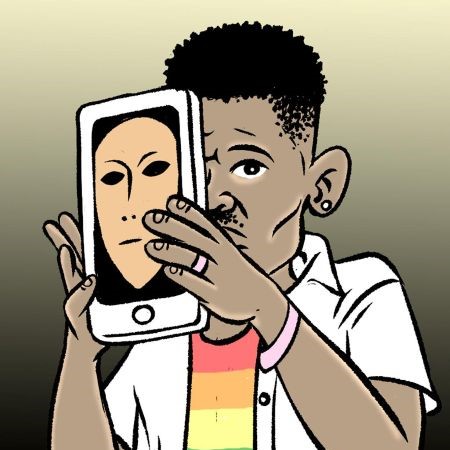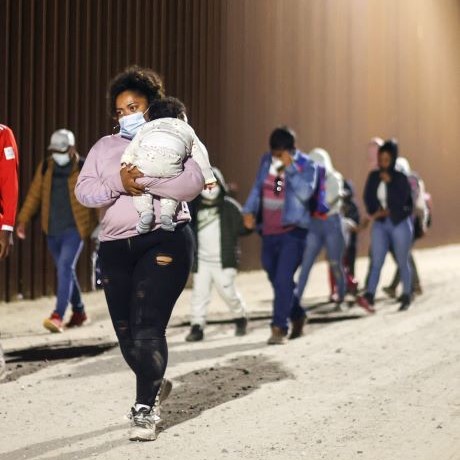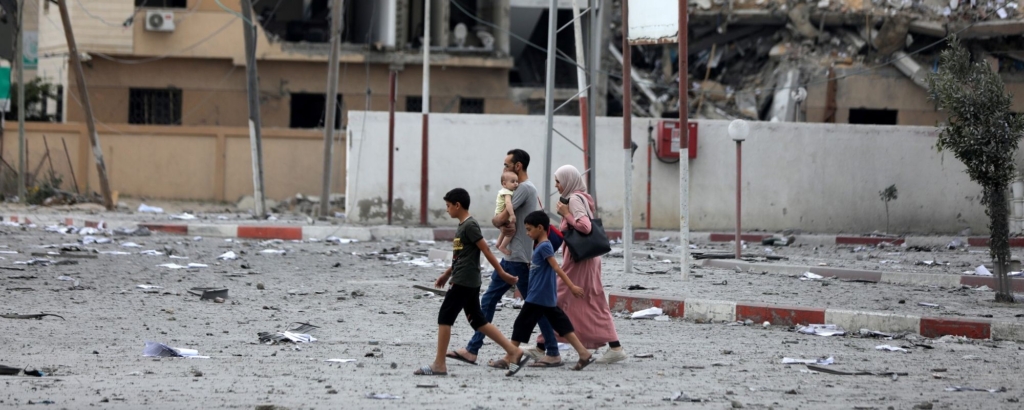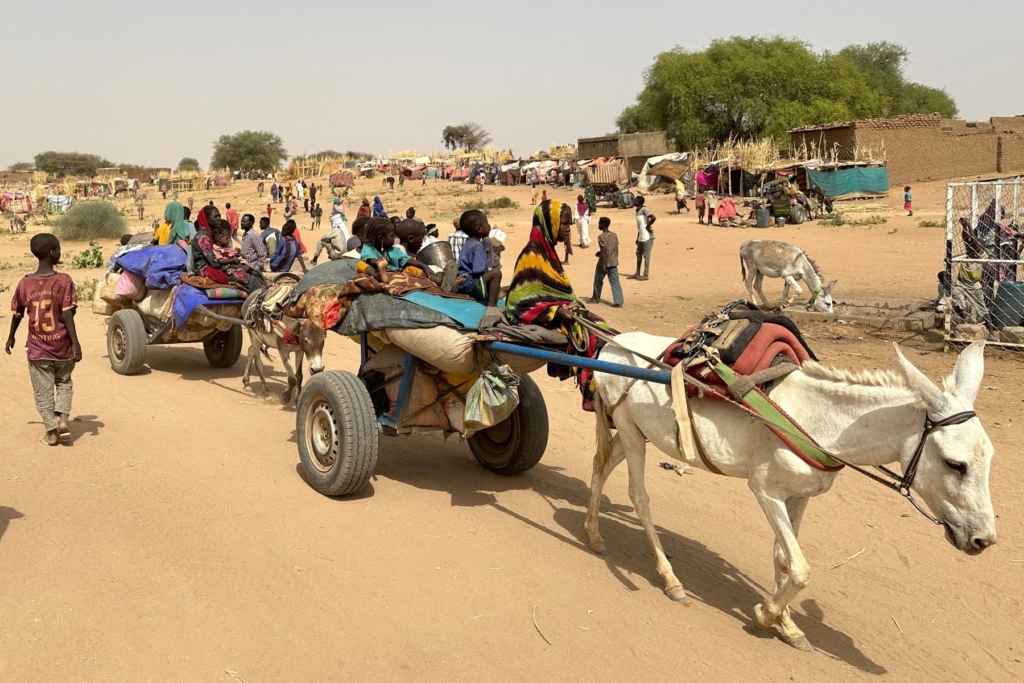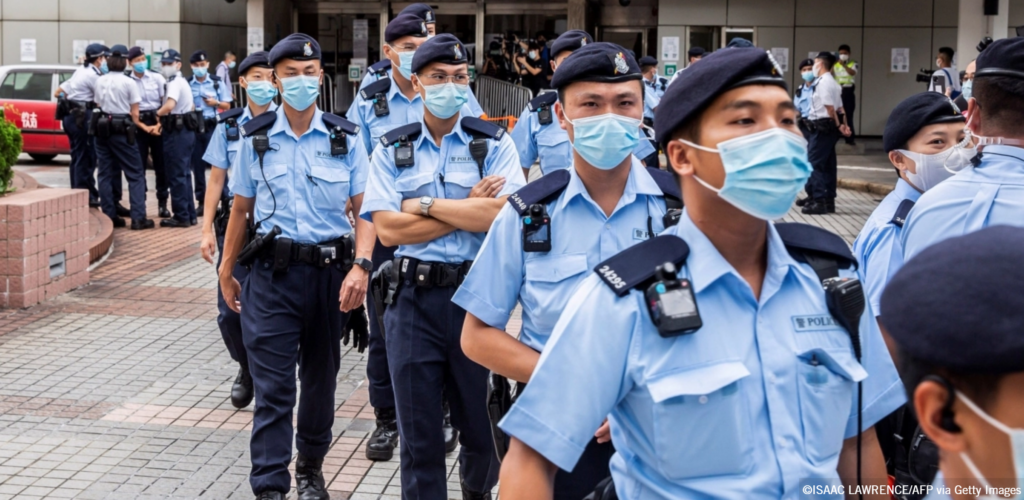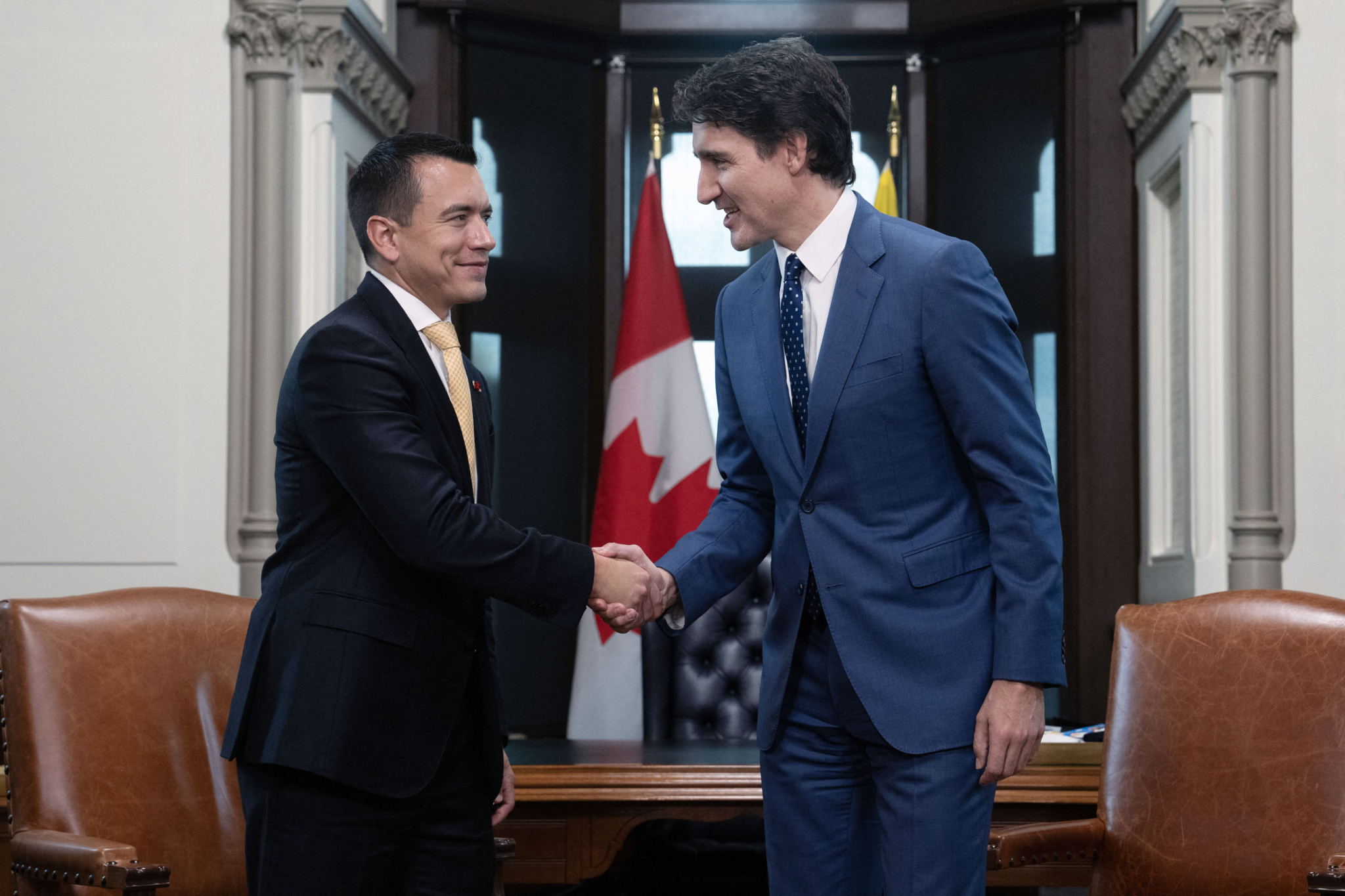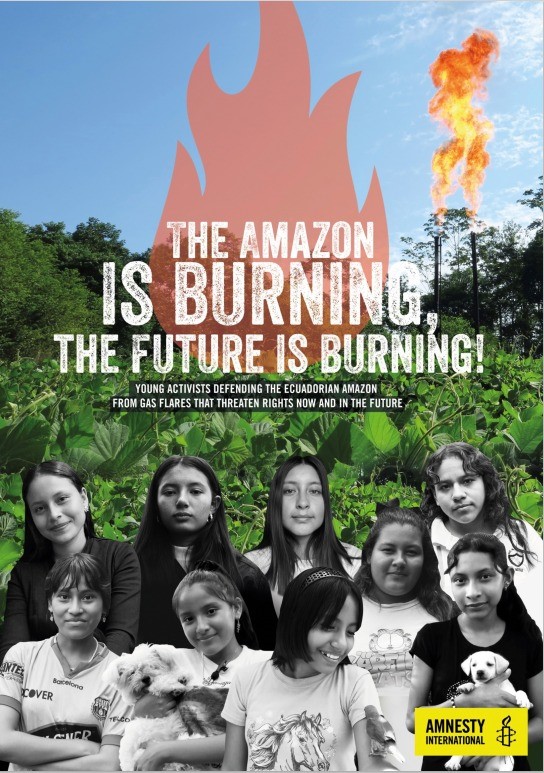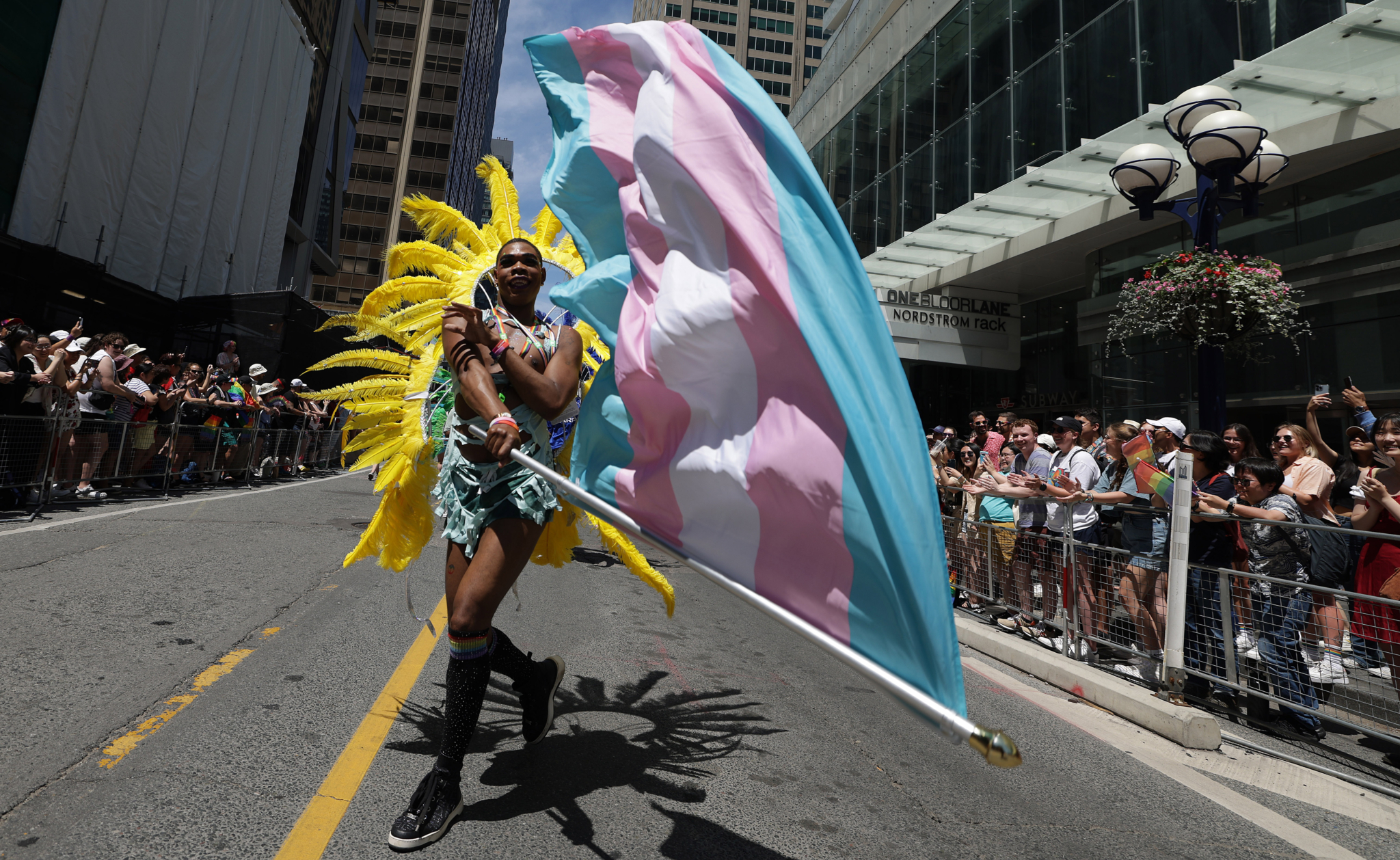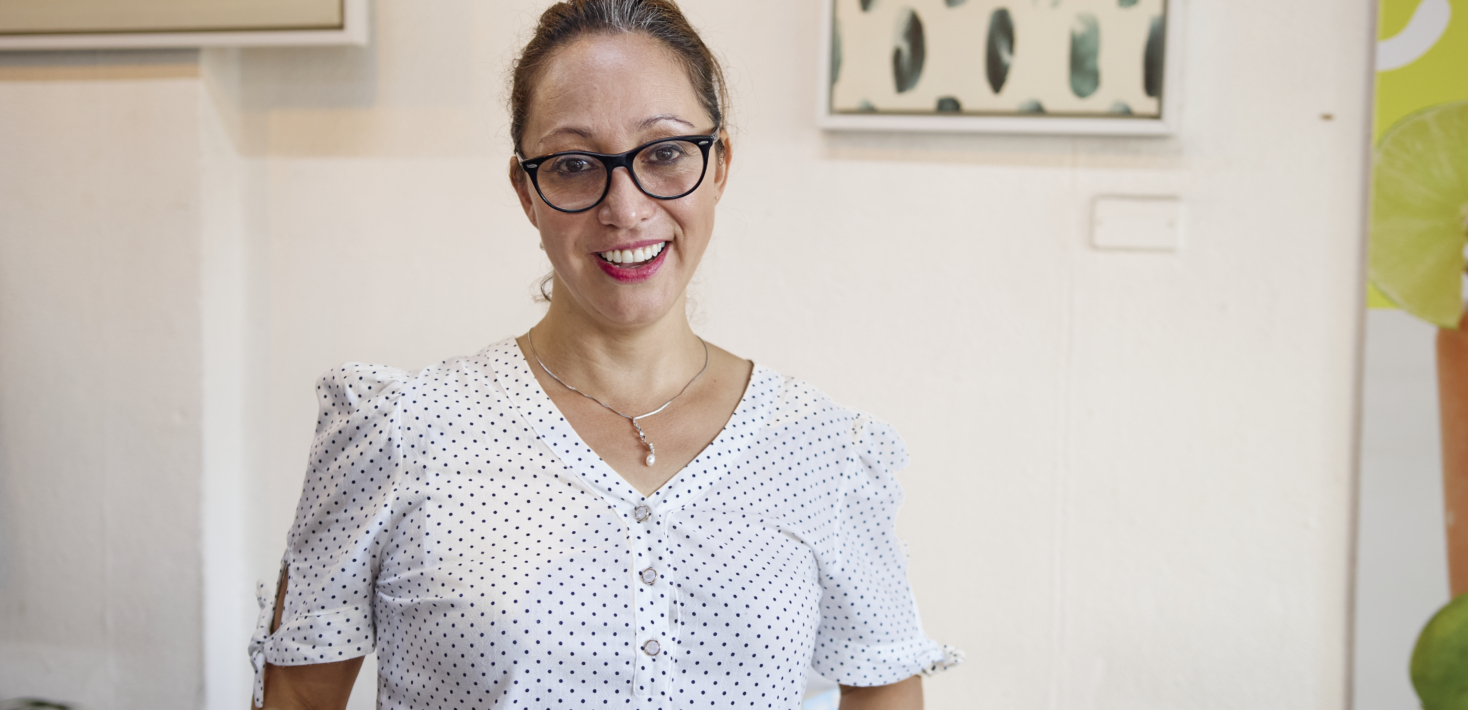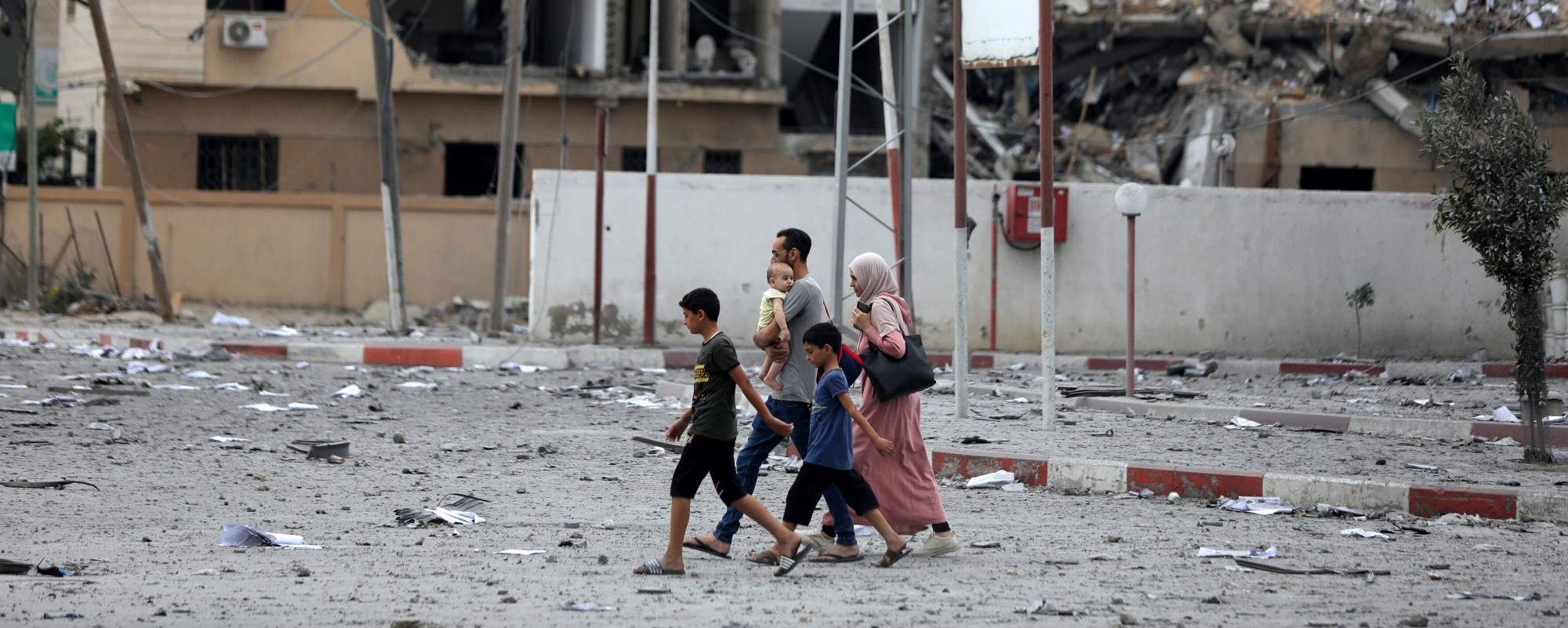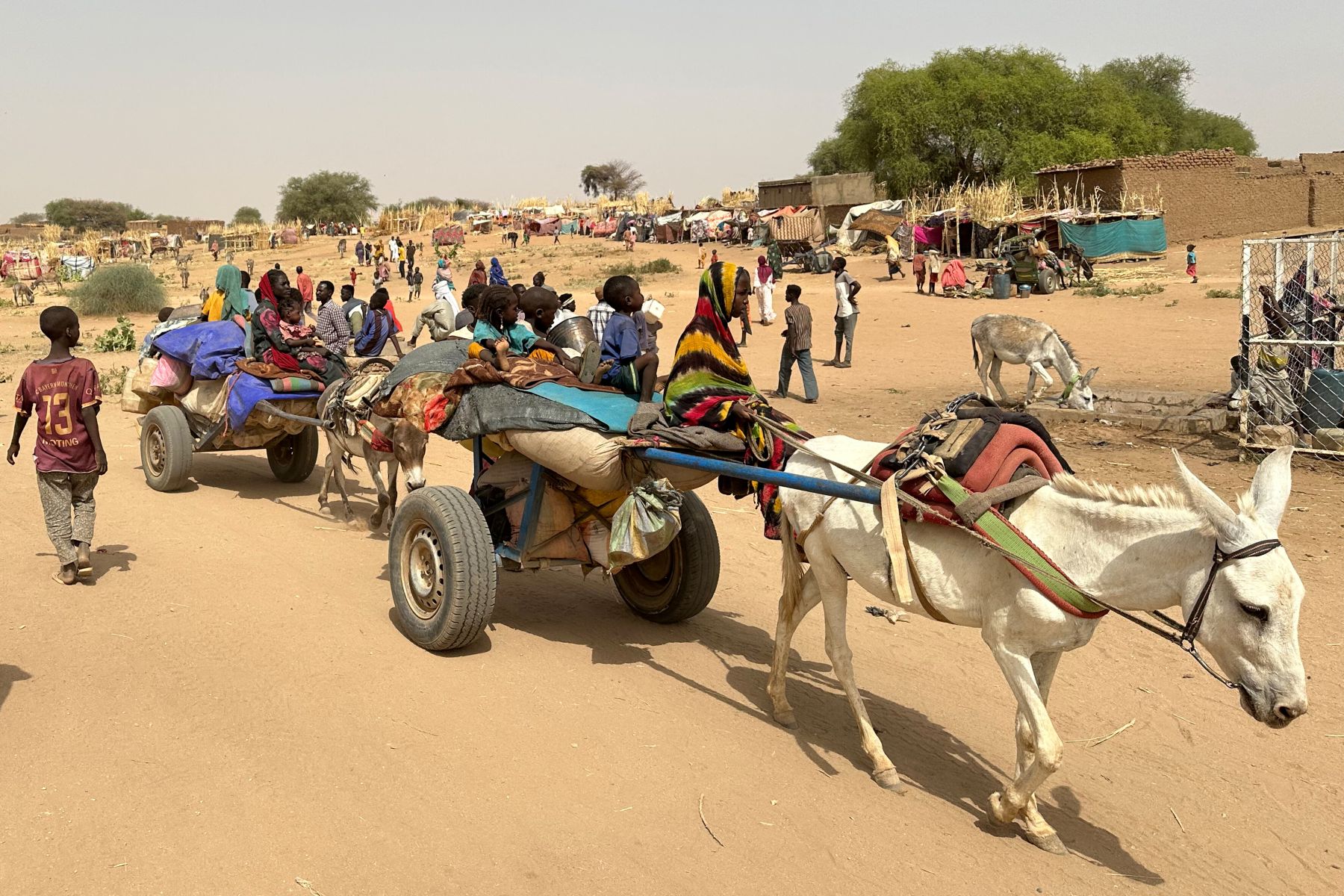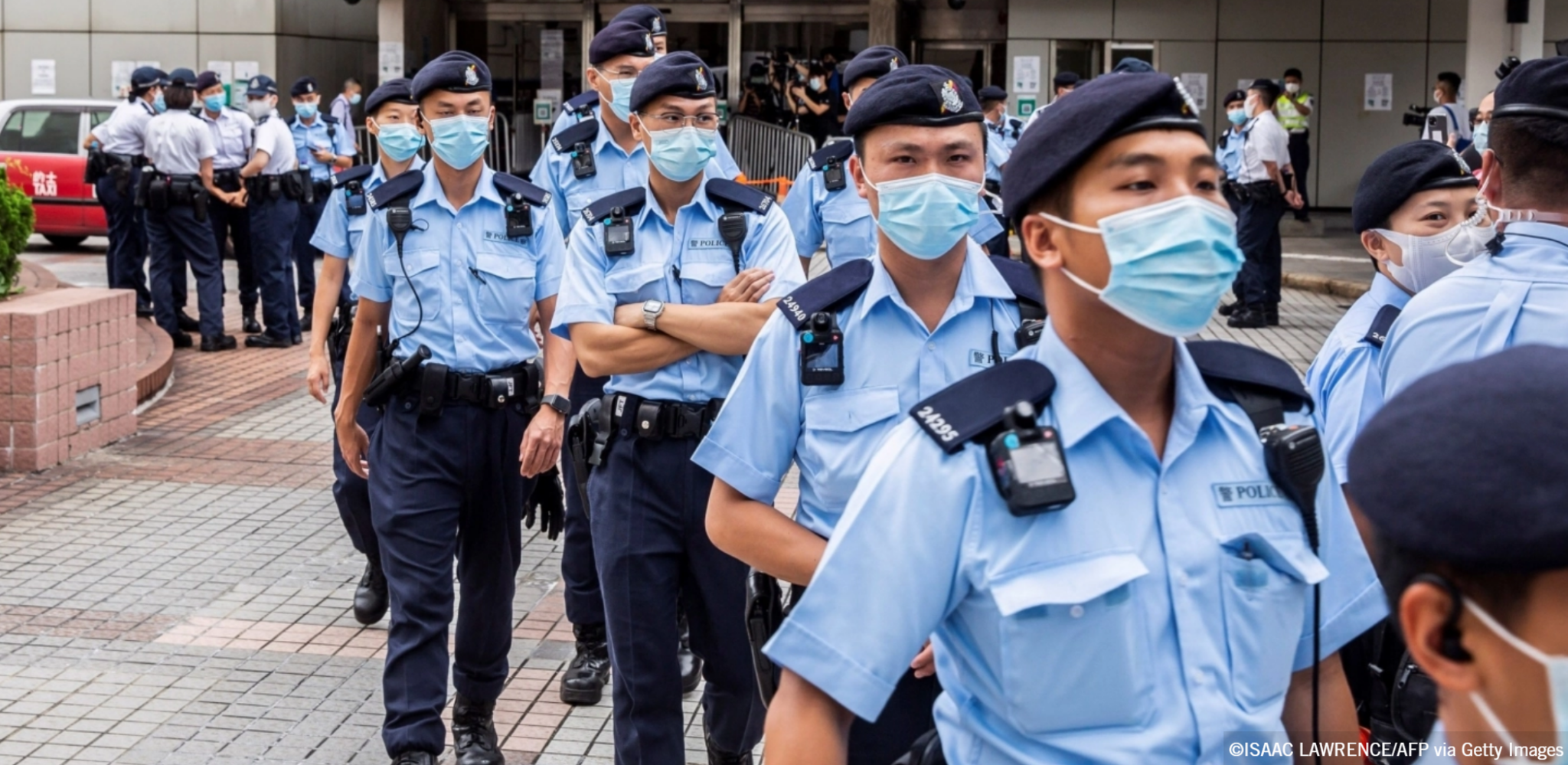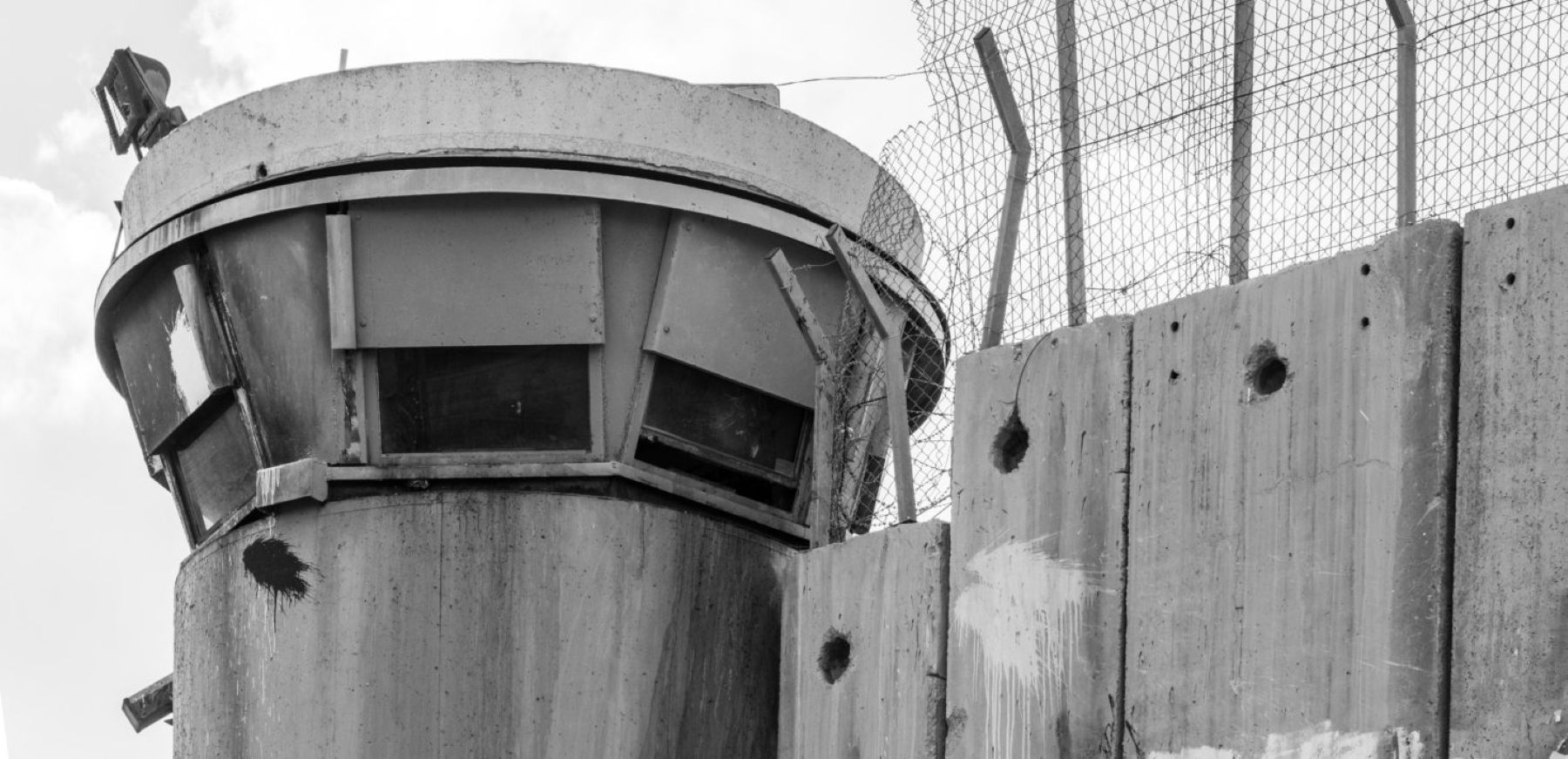The UK Government is deliberately and destructively preventing child refugees from being with their families, Amnesty International UK, Refugee Council and Save the Children said in a new report today.
The 38-page report – Without My Family – shows how the UK Government’s refugee family reunion rules – which block child refugees in the UK from being reunited with their families – are at odds with national law and a flagrant breach of international law, causing irreversible harm to children in this country.
Current UK law allows adult refugees rebuilding their lives in the country to sponsor their immediate family members to join them. Child refugees, however, are deprived of this right. The UK is one of the only countries in Europe to prevent child refugees from sponsoring their family members to join them.
Based on first-hand testimonies from children and young people aged 15-25 (all of whom arrived in the UK whilst under 18) the report details the devastating effects of family separation on children who have sought safety in this country, including constant anxiety, fear for their families’ safety, and in some cases serious mental health consequences.
Habib*, 17, fled Sudan after being tortured and imprisoned at just 15 years old. He travelled to Libya, leaving behind his mother and younger siblings. In Libya he remained unsafe, treated so badly he still spoke of his flashbacks several years later. He finally found safety in the UK but remains separated from his family. He said:
“I haven’t seen my family for nearly three years now. It is a long time and I miss my mum. It is really hard. It is something that you cannot forget about. You can cover it, but you can’t forget…Being without your family, it is like you have a body without a soul.”
Social workers and other professionals spoke of their distress at witnessing the children they care for having to cope without family. The report also points to the consistent criticism the Government’s policy has been subject to, from senior judges to specialist Committees of parliamentarians and the Committee on the Rights of the Child.
In 2018, MPs from across the political spectrum voted with an overwhelming majority to change to these harmful rules. Despite this, the Government has continuously delayed and blocked the changes from happening. Amnesty International, Refugee Council and Save the Children are calling for urgent action to ensure child refugees are given equal opportunities to be with their families.
Kate Allen, Amnesty International UK’s Director, said:
“The UK Government is deliberately and destructively preventing child refugees from being reunited with their families. A simple change to the UK Government’s policy would transform the lives of these children and help ensure they grow up safe and secure with the people they most need and love. “
Maurice Wren, Chief Executive of the Refugee Council, said:
“The UK’s rules on refugee family reunion are a flagrant breach of the Government’s legal obligations to act at all times in the best interests of the child. For many separated children, being reunited with family members is indisputably in their best interests, yet in the UK we choose to keep them apart for the inhumane reason that this might deter others from seeking safety and protection. Faced with the clear evidence in this report of the harm that enforced separation causes children, the Home Secretary should see reason and change these rules immediately.”
Daniela Reale, Lead Child Protection and Children on the Move – Save the Children UK, said:
“There is clear evidence that keeping children separated from their families causes long-lasting psychological, health, social and developmental damage for children of any age. Children have a right to be with their families, and governments have an obligation to protect children. The UK must change the rules so child refugees can be reunited with their loved ones.”
Additional information about Without My Family
*All names changed to protect identities
Harmful rules
Only 1,070 children – less than three a day – have been recognised as refugees in the UK this year. Having fled conflict, persecution and human rights abuses, the UK Government itself has recognised their refugee status and stated that it would be unsafe for them to return to the country they escaped. Yet it blocks these children from being reunited with their family members.
The research in this report by Amnesty, Refugee Council and Save the Children details how the UK Government’s policy on refugee family reunion currently:
prevents child refugees who have sought safety in the UK from being joined by their parents, brothers, or sisters;
leaves the UK as one of the only countries in Europe that refuses to grant child refugees the right to be reunited with even their closest family; and
is directly at odds with national and international law, contravening the principle of the best interests of the child
Running for their lives
Children interviewed for this report spoke of how they were seeking safety in the UK having been forced to flee their home country after seeing their homes destroyed, loved ones killed, or following torture or persecution.
Many of the young people we interviewed had been directly targeted, either for forced conscription or for interrogation and torture by their home country’s security forces.
Rifat, aged 17, said his parents had always told him he would stay with them in Syria:
“But then [the military] came to my home and said, ‘You are going to join us to fight and that time I was hiding myself for one month at home and then my father told me that they had got our neighbour’s child, he was 15, he was my age, and then I run away from home. They didn’t want me to go but it was for my safety. They take any young children.”
Impact of life without their families
The report interviewed a range of professionals – social workers, caseworkers, lawyers – who spoke of the deep levels of distress they’ve witnessed amongst children who have sought sanctuary in the UK but then been separated from their parents. All highlighted the crucial role of family in terms of keeping children physically safe, as well as for other developmental needs and outcomes such as education, social integration, wellbeing and identity.
Diana, a social worker who supported Hemin, a 16-year old from Iraq, said:
“Hemin shakes a lot – he is a child of war – and his mum would always make sure that when he was scared and shaking that she would sleep next to him. He always says to me that it is the little things that make the big things, when he is talking about his mum.”
Evidence shows that child refugees experience multiple traumatic events, in addition to the cumulative stress of displacement, and are much more vulnerable to psychological distress than non-refugee children.
Binar, 17-years-old from Iraq, said:
“I was taken to the hospital because I was mentally in a very bad state. I had a bad experience. They prescribed me very strong tablets. They prescribed me tablets and injections… My life changed after I went to hospital. I became a different person… I had such a tough experience… it was because I got separated from my family and I was thinking about them all of the time.”
The current law on child family reunion
The UK’s policies on child family reunion are at odds with their legal obligations under national, international and regional human rights law as well as international humanitarian and refugee law.
In the UK, the immigration rules allow adult refugees in the UK to sponsor their partners, or their children provided they are under 18. However, child refugees are explicitly excluded from this provision.
The failure to provide family reunion for children to be reunited with their adult family members does not include full consideration of a child’s best interests.
The best interests of a child require consideration of a durable solution, which includes reunion with parents and siblings. As a result of this rule child refugees in the UK are condemned to live apart from their family, often growing up instead in the UK care system. This puts at risk their safety and wellbeing in the UK.
Being reunited with close family is often critical to a refugee’s chances of integration and recovery. Being separated from immediate family is clearly not generally in the child’s best interests and is potentially damaging to their welfare and development.
UK Government argument unfounded and indefensible
The report exposes how there is no evidence to support the Government’s argument that the prospect of family reunification could encourage families to send children into Europe unaccompanied in order to act as an ‘anchor’ for other family members. It covers comparable evidence from other countries and shows the increasing criticism from the United Nations, UK immigration courts and parliamentarians.
The Home Office Select Affairs Committee recently called the refugee family reunion rules ‘perverse’.
Recommendations:
Amnesty, Refugee Council and Save the Children, and the Families Together coalition are calling for an urgent change to the refugee family reunion rules:
Child refugees in the UK to have the right to sponsor their close family so they can rebuild their lives together and help them integrate in their new community.
The definition of who qualifies as family to be expanded so that young people who have turned 18 and elderly parents can live in safety with their families in the UK.
The reintroduction of legal aid so refugees who have lost everything have the support they need to afford and navigate the complicated process of being reunited with their families.










